- Potentially Treatable Condition
- Stomach
- Stomach Health
- HOME
- ABOUT
- RESEARCH
- INSIGHTS & HAPPENINGS
- JOIN US
- CONTACT US
-

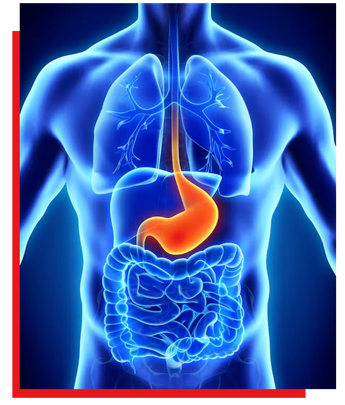
The stomach is a J-shaped organ responsible for food digestion. It produces chemical biomolecules known as enzymes and digestive acid. This combination of enzymes and digestive acid digests food so that it can pass into your small intestine. The stomach is also a component of the gastrointestinal (GI) tract. The GI tract is a long tube that begins in your mouth and ends in your stomach. It will end up as feces if it reaches your anus. . The stomach’s primary function is to break down food, but it can also temporarily store food, contract, and relax to mix and break down food and produce enzymes and other specialized cells to aid in digestion.
The ability to expand or contract depending on the amount of food inside. When contracted, the interior walls form numerous folds known as rugae, which disappear when the walls are distended. The thick mucous-membrane lining of the walls is densely packed with small gastric glands; these secrete a mixture of enzymes and hydrochloric acid that partly digest proteins and fats.
The first sign of problems in the digestive tract often includes one or more of the following symptoms:
A digestive disease is any health problem that occurs in the digestive tract. Conditions may range from mild to serious. Some common problems include heartburn, cancer, irritable bowel syndrome, and lactose intolerance.
Functional diseases are those in which the GI tract looks normal when examined, but doesn’t move properly. They are the most common problems affecting the GI tract (including the colon and rectum). Constipation, irritable bowel syndrome (IBS), nausea, food poisoning, gas, bloating, GERD, and diarrhea are common examples.
Many factors may upset your GI tract and its motility such as eating a diet low in fiber, not getting enough exercise, traveling or other changes in routine, eating large amounts of dairy products, stress, resisting the urge to have a bowel movement, possibly because of hemorrhoids, Overusing anti-diarrheal medications can, over time, weaken the bowel muscle movements known as motility, taking antacid medicines containing calcium or aluminum, taking antidepressants, iron pills and strong pain medicines such as narcotics and pregnancy.
Dietary and lifestyle changes are the first step in treating stomach health issues. Certain foods can worsen the condition, but several actions can reduce symptoms. To improve your stomach health, try losing weight if you are overweight, avoiding foods that increase the level of acid in your stomach, such as caffeinated beverages, and foods that decrease the pressure in the lower esophagus, such as fatty foods, alcohol, and peppermint. Avoid foods that affect peristalsis (the muscle movements in your digestive tract), such as coffee, alcohol, and acidic liquids, and foods that slow gastric emptying, such as fatty foods. Additionally, avoid large meals, quit smoking, don’t lie down immediately after a meal, and elevate the level of your head when you lie down.
The stomach-related disease can be categorized into two which are excessive and deficiency. Certain medications can use reduce to treat stomach health except for stomach cancer such as antacids, over-the-counter antacids are best for intermittent and relatively infrequent symptoms of reflux. When taken frequently, antacids may worsen the problem. They leave the stomach quickly, and at the same time, the production of stomach acid elevates.
Another medication is histamine blockers; Histamine 2 (H2) blockers are drugs that help lower acid secretion. H2 blockers heal esophageal erosions in about 50% of patients. Then, proton pump inhibitors, proton pump inhibitors (PPIs) are drugs that block the three major pathways for acid production. PPIs suppress acid production much more effectively than H2 blockers. PPIs heal erosive esophagitis in many patients, even those with severe esophageal damage.
Prokinetic agents are also useful in treating stomach health. These drugs enhance the activity of the smooth muscle of your gastrointestinal tract. They are somewhat less effective than PPIs.
Antibiotic medications can be used to kill H. pylori. If you have H. pylori in your digestive tract, your doctor may recommend a combination of antibiotics, such as clarithromycin (Biaxin XL) and amoxicillin (Amoxil, Augmentin, others) or metronidazole (Flagyl), to kill the bacterium. Be sure to take the full antibiotic prescription, usually for 7 to 14 days, along with medication to block acid production. Once treated, your doctor will retest you for H. pylori to be sure it has been destroyed.
There are also medications that are used to reduce acid production, such as acid blockers, also called histamine (H-2) blockers, that reduce the amount of acid released into your digestive tract, which relieves gastritis pain and encourages healing. Available by prescription or over the counter, acid blockers include famotidine (Pepcid), cimetidine (Tagamet HB), and nizatidine (Axid AR).
Scitron is a Mesenchymal Stem Cells (MSCs), derived from human umbilical cords. Upon treatment, the cultured cells are injected intramuscularly or intravenously into the patient. The cells are characterized by low immunogenicity, making them very safe, tolerable, and free of side effects.
CelltiMax is a product derived from human umbilical cord-derived Mesenchymal Stem Cells (MSCs). The cells are cultured, then administered to the patient via intramuscular or intravenous injection. They have the ability to differentiate into specialized cells with specific functions for various parts of the body, and can reduce inflammation, repair, renew, regenerate, and replace damaged cells.
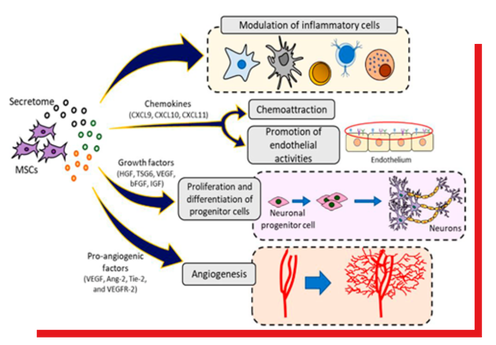
MSCs have already demonstrated therapeutic potential in animal models and human clinical trials for the treatment of a variety of degenerative disorders, including those related to the stomach. Specialized MSCs can modulate and repair the abnormal condition of the mucous cells, parietal cells, chief cells, and endocrine cells of the stomach.
There are several explanations for the role of MSCs in the treatment of stomach-related diseases. In vitro, MSCs can differentiate into specifically interested cells of the stomach. When introduced into the body, they stimulate tissue repair by protecting it from programmed cell death and/or modulating inflammation (the underlying pathological process in many disorders) as well as forming new blood vessels via secretory molecules. MSCs are known to produce and secrete growth factors, cytokines, mRNA, and other biologically active molecules that provide functional benefits.
Cross the endothelial brain barrier.
Enhanced immunity.
Migrate to sites of injury.
Improved metabolism.
Communicate with and alter nearby cells.
Reduced repetition.
Encourage existing cells to self-repair.
Increased communication ability.
Immune modulation.
Improved memory and learning capacity.
Transform into neurons.
Improvements in verbal skills, writing skills, self-care skills, attention span, and concentration.
Promote the formation of nerve cell axons.
Tolerance of different foods.
One week before treatment:
If you feel we might be able to offer meaningful improvement to both your condition and your quality of life, then please reach out to schedule a free consultation with one of our in-house clinical experts. We offer consultations in both Malay and English.





Review your medical history & recent evaluations
Explore what your treatment package might look like
Answer any questions you have about us
Answer any questions you have about the therapies
Discuss practical next steps,
if you feel we can effectively treat you
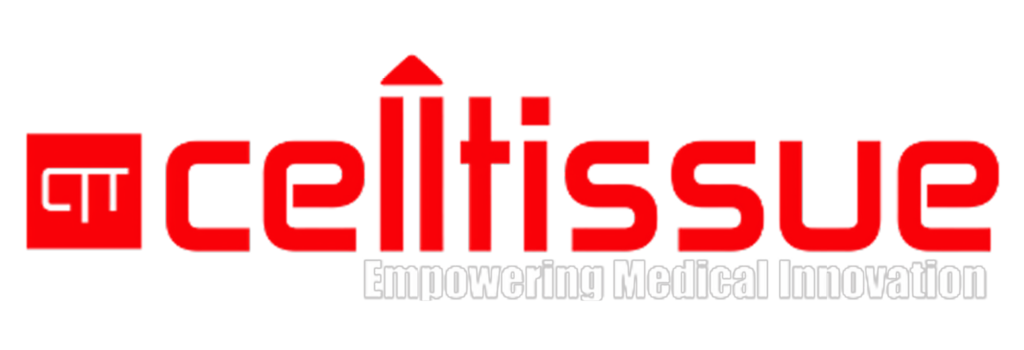
Founded in 2010, Cell Tissue Group is a pioneering Malaysian medical technology company and a spin-off from the National University of Malaysia (UKM). As Malaysia’s first Tissue Engineering firm, Cell Tissue Group operates within a certified GMP Lab, ensuring the highest standards of medical research and product development, particularly in Tissue Engineering and Regenerative Medicine.


Founded in 2010, Cell Tissue Group is a pioneering Malaysian medical technology company and a spin-off from the National University of Malaysia (UKM). As Malaysia’s first Tissue Engineering firm, Cell Tissue Group operates within a certified cGMP laboratory, ensuring the highest standards of medical research and product development, particularly in Tissue Engineering and Regenerative Medicine.
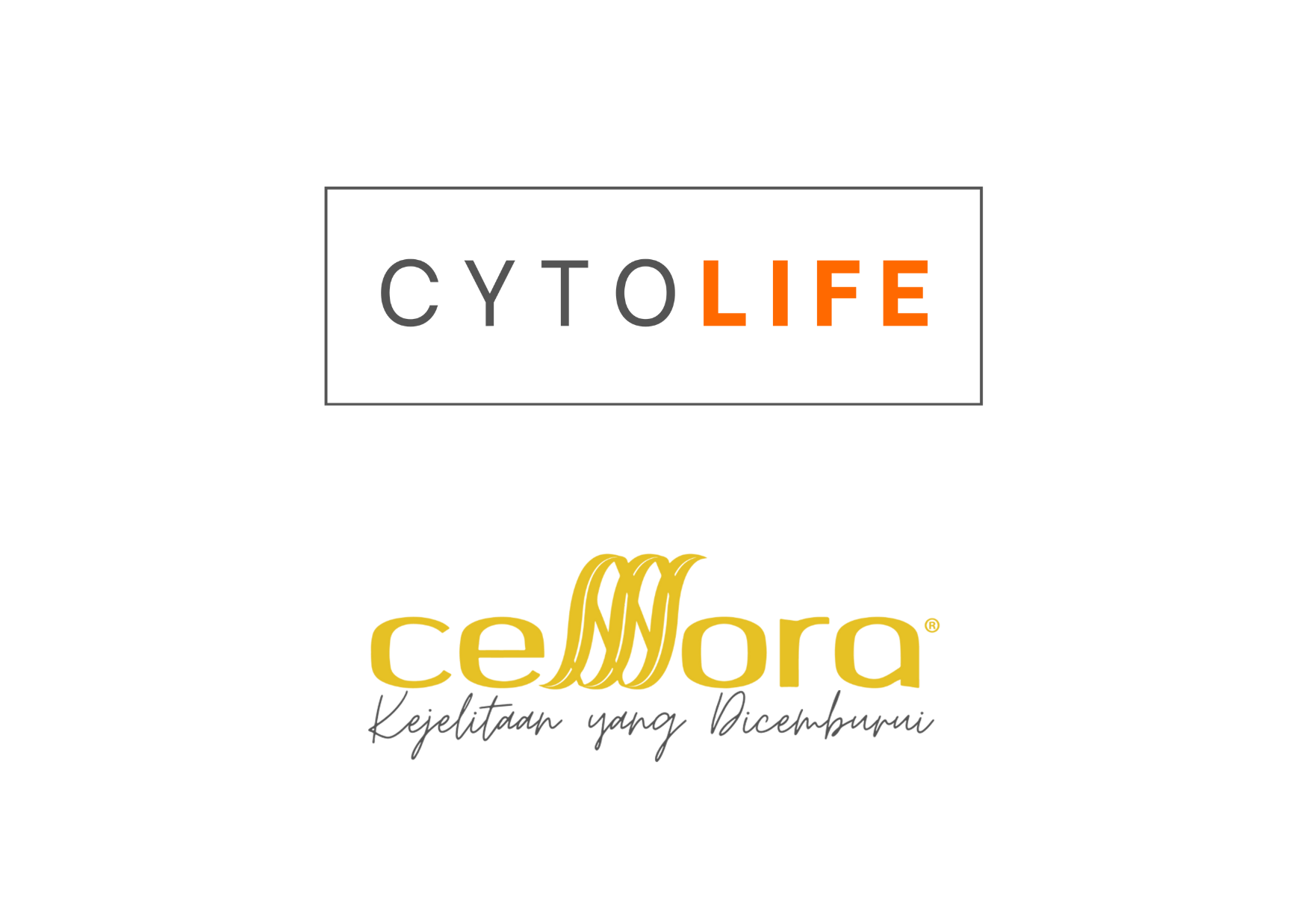
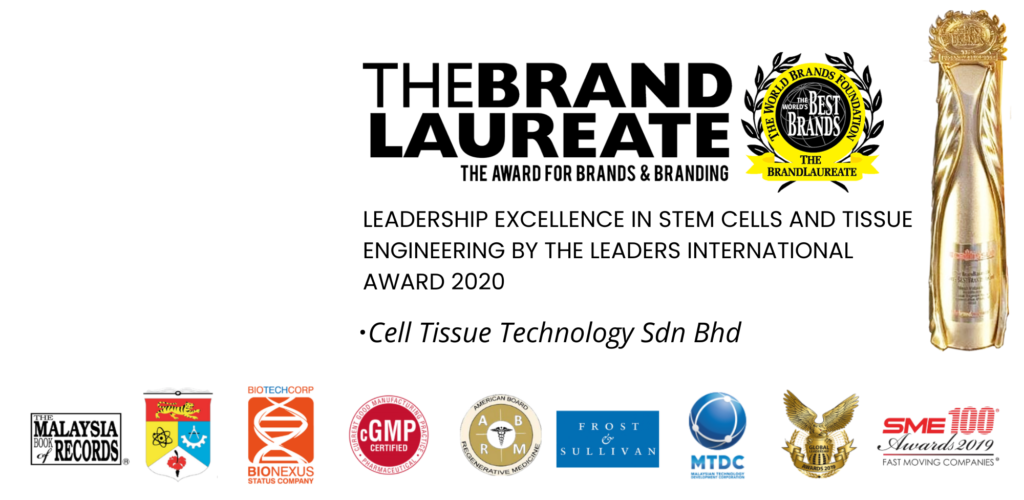
Proudly powered by CTG © 2010-2026 Cell Tissue Group, a Universiti Kebangsaan Malaysia Spin-Off Company. – All Rights Reserved.